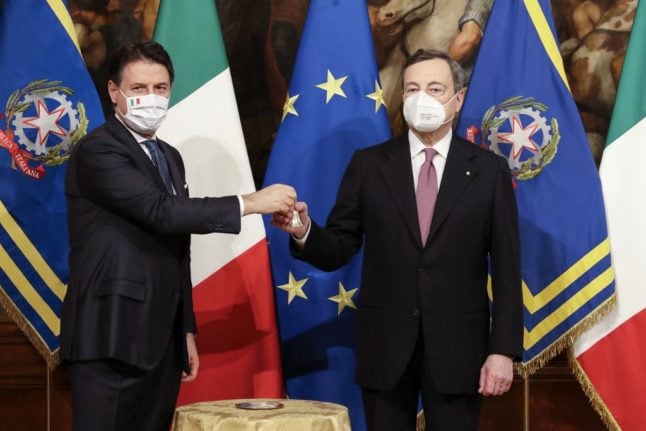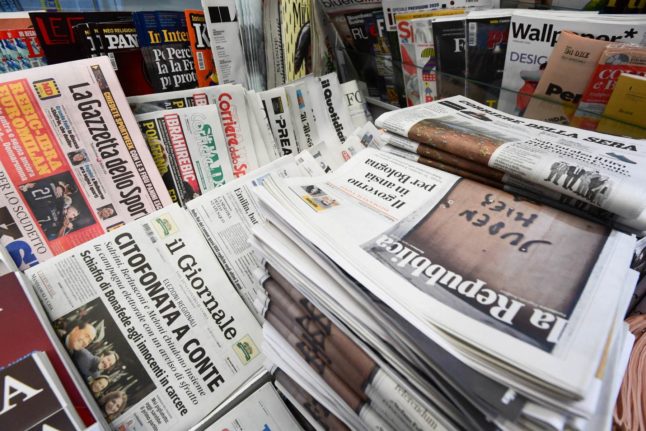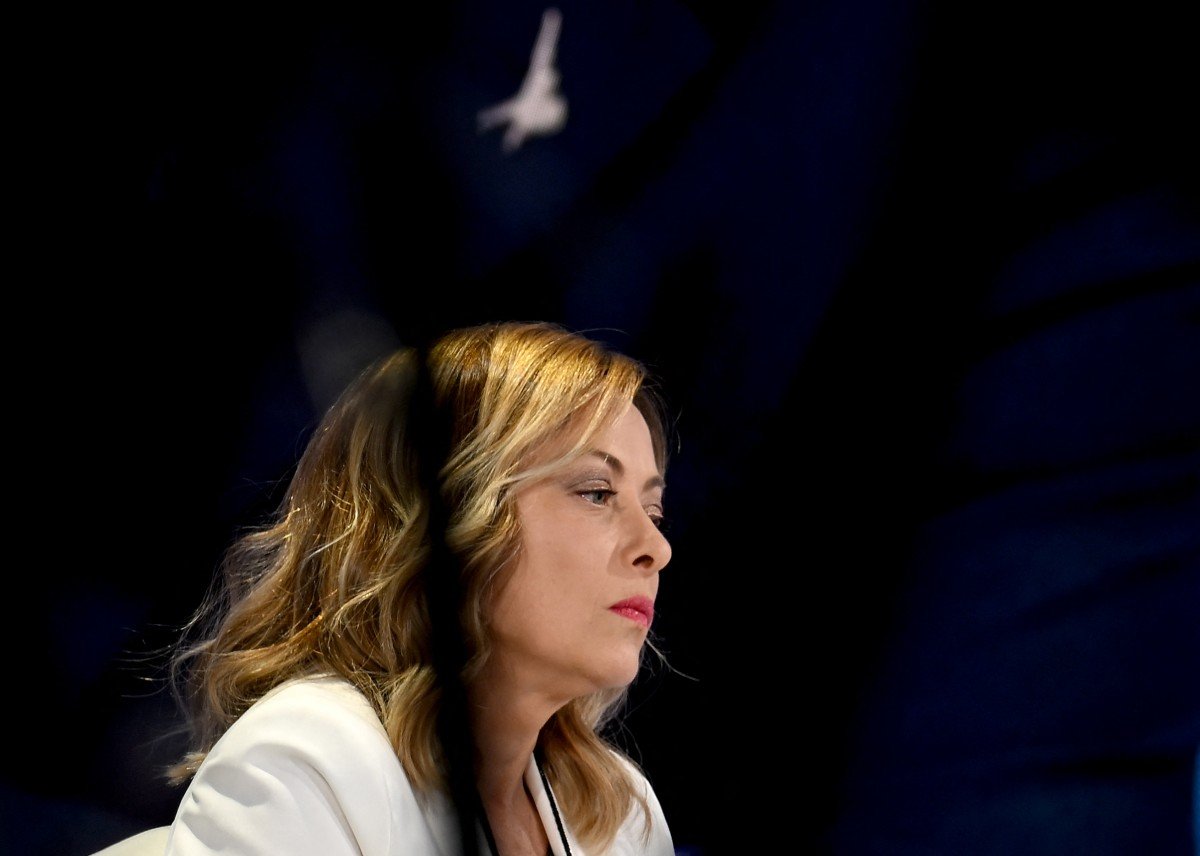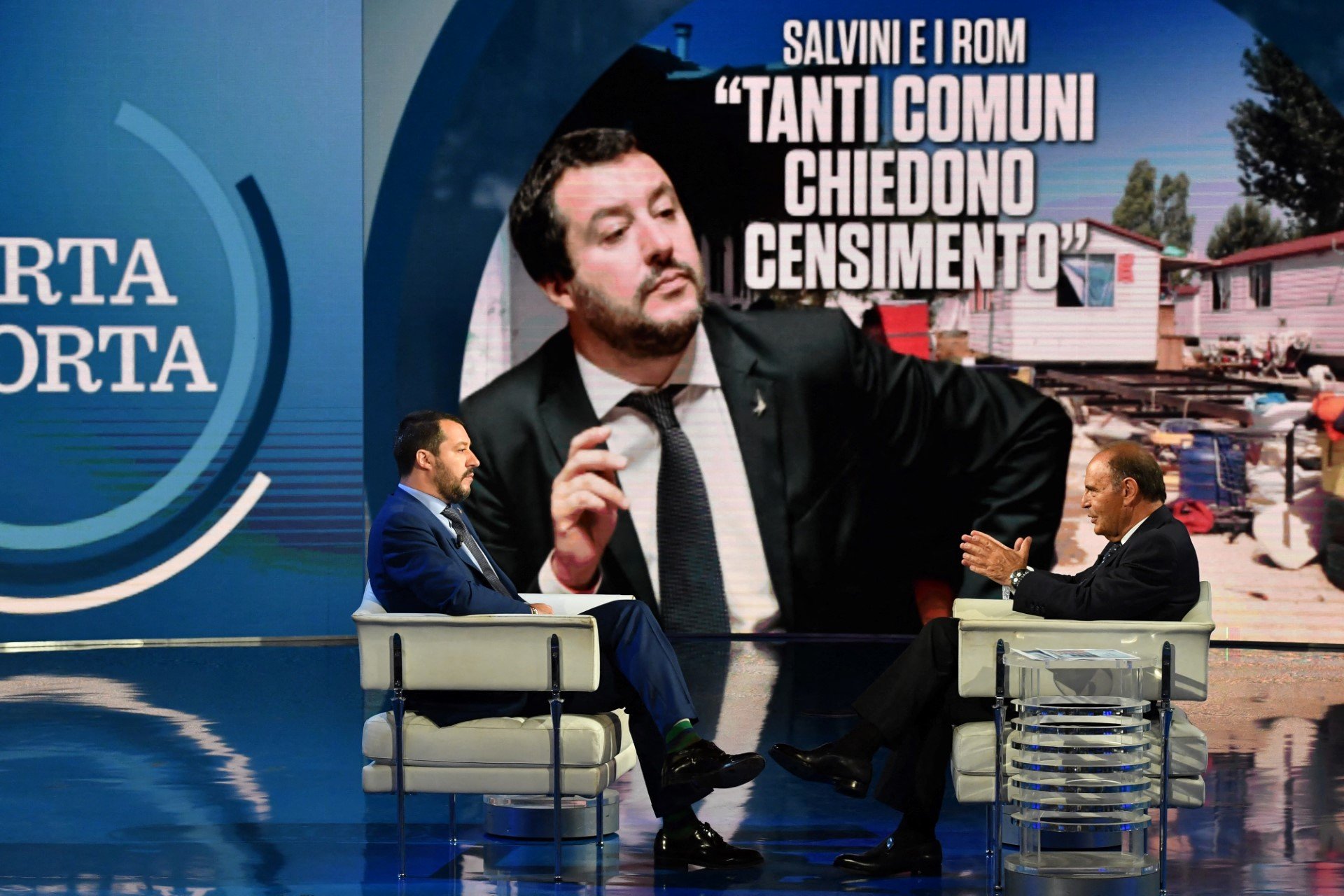“I swear to be loyal to the Republic,” recited Draghi, the former head of the European Central Bank, as he stood before President Sergio Mattarella in the ornate presidential palace in a ceremony broadcast live on television.
Members of his new cabinet, who include technocrats, veteran politicians and ministers held over from the previous government, each took the oath of office.
The 73-year-old, known as Super Mario for doing “whatever it takes” to save the eurozone, has put together a national unity government involving almost all Italy's political parties.
READ ALSO: These are Italy's new government ministers under Mario Draghi
A new survey showed the former banker had the support of 62 percent of Italians.
Draghi was parachuted in by President Sergio Mattarella after the Giuseppe Conte's centre-left coalition collapsed.
Draghi has spent the last 10 days assembling a broad-based coalition and on Friday night formally accepted the post of prime minister in a meeting with Mattarella.
On Wednesday, Draghi will be presented to the Senate, the upper house of parliament, followed by the lower Chamber of Deputies on Thursday for a confidence vote that will give the final official blessing to his government.
“Break a leg,” read the headline on La Stampa daily Saturday, as an Ipsos poll in the Corriere della Sera daily showed 62 percent of Italians supporting Draghi.
Conte's final months in office were marked by political turmoil but the former law professor – who rose to power in 2018 with no prior political experience – represented for many Italians a comforting, steady hand during the darkest moments of the pandemic last year.
Italy's Conte gets a rousing send off from the Chigi courtyard, with staffers leaning out of windows and giving him a long, loud round of applause.
— Crispian Balmer (@crispiandjb) February 13, 2021
Draghi has the support of a rainbow coalition ranging from leftists to Matteo Salvini's far-right League.
It includes the populist Five Star Movement (M5S), the centre-left Democratic Party (PD) and Italia Viva – who formed the previous government before falling out over the handling of the Covid-19 pandemic.
READ ALSO: The three biggest issues facing Italy's new government
High hopes await the new leader, who famously pledged to do “whatever it takes” to save the eurozone in the midst of the 2010s debt crisis.
On Saturday, European Commmision President Ursula von der Leyden tweeted that Draghi's “experience will be an exceptional asset for Italy & Europe” while British Prime Minister Boris Johnson congratulated him.
Although Draghi himself has no political power base, he relies on years of experience in the Italian civil service, as well as his banking career.
His arrival was cheered by the financial markets with Italy's borrowing costs dropping to a historic low this week. Nevertheless, “it is difficult to overstate the scale of the challenges that Draghi and Italy face”, said Luigi Scazzieri of the Centre for European Reform.





 Please whitelist us to continue reading.
Please whitelist us to continue reading.
Member comments